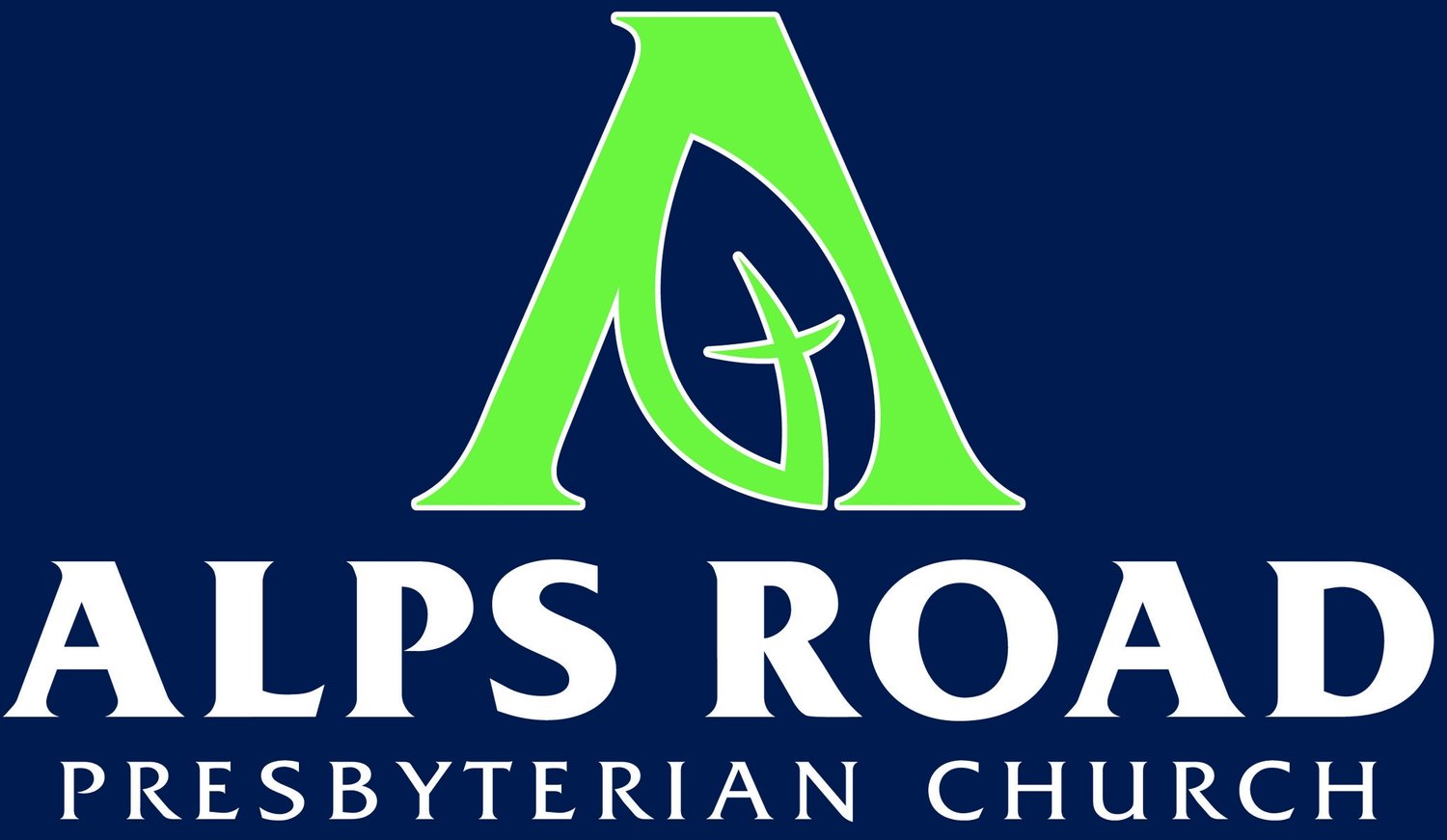Stewardship Explained: Serving God Through Church Leadership & Mindful Living (1 Corinthians 4:2)
“Moreover, it is required of stewards that they be found trustworthy.” I Corinthians 4:2
A useful term to think about our life of faith is the word “steward.” Life is not something we have invented or given to ourselves. It is a gracious gift from our Creator. This bestows an obligation on us. As we have been given the gift of life, we should manage it well, use our life to improve the world, live in healthy relationship to those around us, and honor our Creator. A Christian should be a faithful steward in all of life.
Part of our stewardship involves our life in the church. Faithful discipleship requires active participation in the life of the church. This includes serving in the offices of the church when called to do so. There are three offices in the Presbyterian church. They are pastor, elder, and deacon. These reflect the three-fold office of Christ as prophet, priest, and king. Christ was a prophet in his teaching, priest in his sacrificial death for our sakes, and king in his Lordship over us and all creation.
The offices of the church reflect Christ’s ministry. As did the prophets, pastors preach and teach the word of God to the congregation. Their ministry is expressed through the proclamation of the word. As did the priests, elders are responsible for spiritual oversight and governance, shepherding the congregation, and ensuring its faithfulness. Their ministry is expressed through faithful governance. As did the kings, deacons care for the physical needs of the congregation, especially showing compassion to the sick and needy. Their leadership is expressed through service.
ECO believes that one mark of faithful stewardship is allowing both men and women to serve in all the ministries of the church. We affirm that every member is called to share in all of Christ’s offices, both in the church and beyond it in the world. All those whom God has gifted for ministry may be called into the offices of pastor, elder, and deacon.
Part of faithful stewardship includes the mind. The scriptures encourage us to be transformed by the “renewal of our minds” (Romans 12:2). Historically, the Presbyterian and Reformed traditions have given emphasis to the life of the mind. For that reason, we are committed to the ongoing project of Christian education and study at all levels of the Christian life.
Why is the mind important in the life of faith? It is because we cannot do what we do not understand. We cannot believe what we distrust. We cannot have clarity of thought when we are confused. This is why we should study our faith. The Christian faith is wonderfully reasonable. It responds to inquiry and examination. There is no place where Christian belief falls apart. In fact, the more we study it, the more beautiful, reasonable, winsome, and attractive it becomes. This should not be surprising. If God is the most beautiful of all things, then the study of him should be the most pleasing of endeavors.
We are stewards of the gift of life. It is a gift on loan to us for a certain period of time. At some point, we will give back the gift to the one who gave it. While we live, we have the gift to use in honor of and for the glory of our Creator. Like a person spending a fortune a little at a time, we too spend our lives, not in great acts, but in small ones each and every day. We may not be able to do great things, but we can do small things with faith, love, and humility. Such faithful stewardship is acceptable and pleasing in the sight of God.
